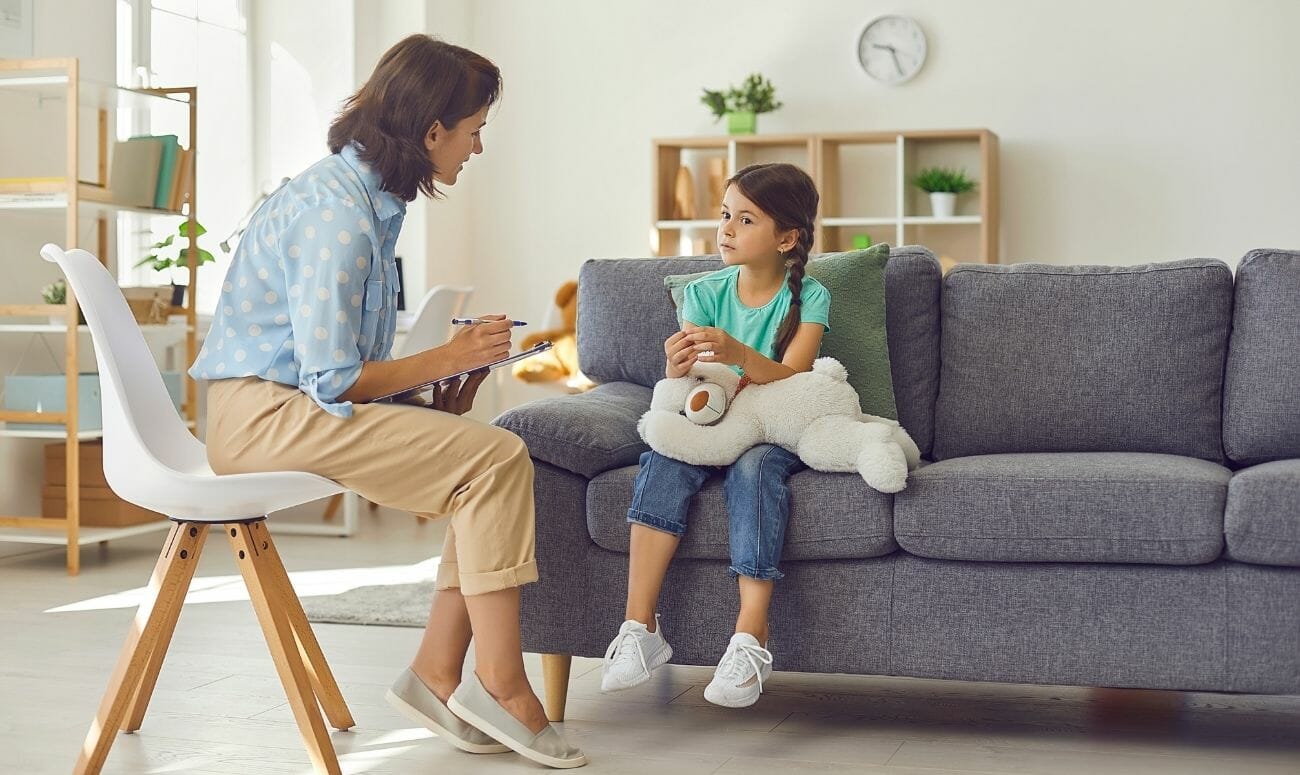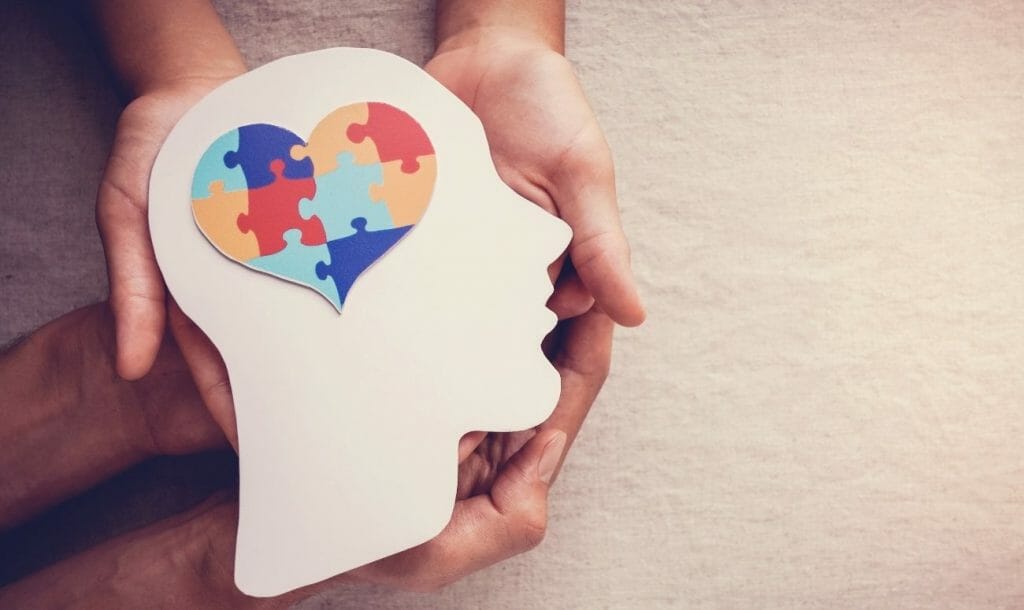Ever wondered why parents respond a certain way in certain situations? Sometimes they humour it out, and in a similar situation but maybe different circumstance they lash out. At times it’s mostly because of the day-to-day stress. But another major reason is conditioning and childhood trauma. Before we dive into how all of this impacts parenting, let’s understand what these terms mean.
What is conditioning?
Conditioning is a behavioural process that becomes more frequent and predictable with time. Though it happens on a day-to-day basis, a major chunk of conditioning occurs during the early years by forming neural pathways. Conditioning process or these neural pathways are formed based on the situations we face and the responses we register. And this is responsible for all the choices that we make through our life. The concept of conditioning and its impact on our current lifestyle and habits is thoroughly explained by Don Miguel Ruiz in the first few chapters of his masterpiece The Four Agreements.
What is trauma?
Trauma is a response that activates in the wake of a deeply distressing or disturbing event that leaves an individual physically, mentally or emotionally overwhelmed and handicapped causing already registered auto-responses.

How does conditioning shape parenting?
We might not realise it, but we have registered every minute detail of our childhood in our subconscious mind. Especially feelings of happiness, love, extreme sadness and pain remain deeply ingrained. Conditioning has a very individualistic nature. Not everyone has registered a situation in the same way. Therefore, responding to a similar situation later in life depends on an individual’s perception and conditioned behavioural patterns and value system.
For example, if you faired poorly in your exams and your parents were understanding and supportive, you’re more likely to respond the same way in a similar situation with your children. On the other hand, if you received a negative response from your parents, you’re also like to respond the same way.
Your past conditioning does have a huge impact on your present choices, but it does not mean that you cannot change or overrule these conditioned patterns. The responses only get stimulated when triggered by a similar situation which sends a message to an already formed neural pathway. Though it isn’t possible for us to blackout any brain path, it is possible for us to intentionally create an alternative path by giving it more strength by acknowledging it and using it more often.
How does childhood trauma shape parenting?

Everyone has a trigger. All of have had at least a few traumatic incidents in our childhood. For some, it might have been obvious and out there, for others, maybe not so. Bullying, loss of a loved one at a young age, lack of confidence, or sometimes even confronting your phobias can be some of the reasons for your childhood traumatic experience.
For example, if you had been locked into a small, closed up space when you were a child, you’re very likely to develop claustrophobia. And this experience becomes your subconscious trigger that stimulates trauma. Because of this you’re highly like to make sure that your child has more than enough open space and keep them away from any kind of closed space.
Traumas are much more challenging to overwrite than conditioned behaviour. Unlike conditioning, which happens subconsciously, traumas are our conscious, physical, emotional, and mental responses to a situation. And the first step to making sure that it does not affect your parenting is to understand that your trauma or the cause of it is your individual experience. Once you accept this fact it will become easier for you to keep your perception or experience separate from what your young ones are going through, and their parenting requirements.
Most of us have these unprocessed emotions from childhood, and overcoming this unconscious baggage is very essential for keeping parenting on the positive edge. And the best way to do this as stated by Confucius is to, “Study the past if you want to define the future.”
Read more: Finding therapy expensive? We have a solution for you!
Like & Follow ThinkRight.me on Facebook, Instagram, and Telegram to stay connected.






























